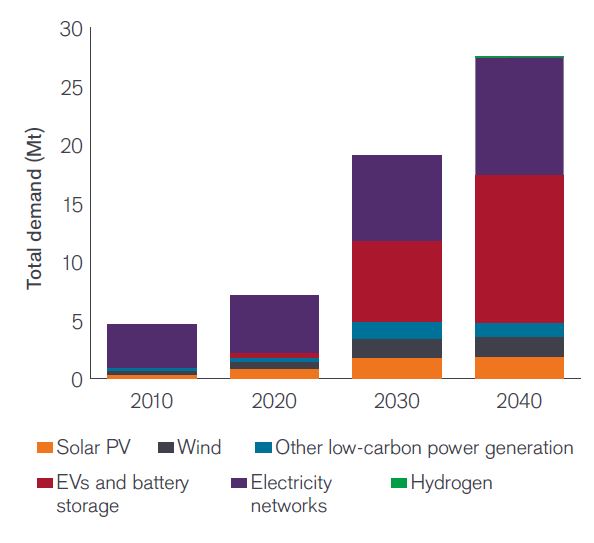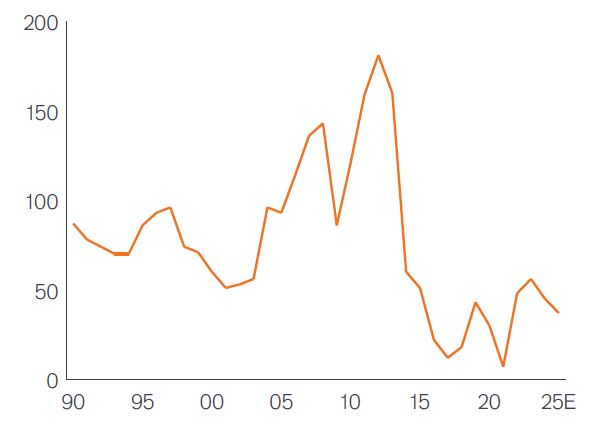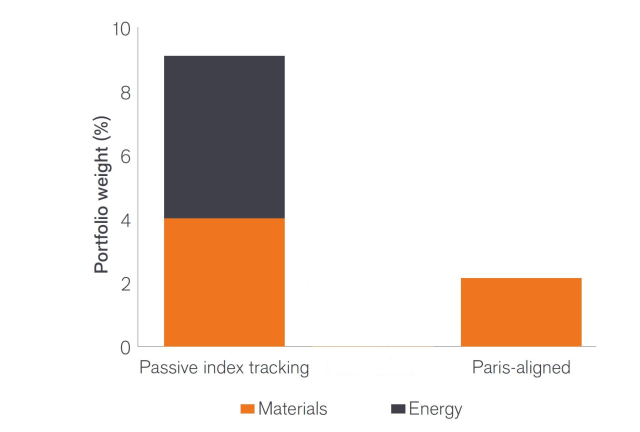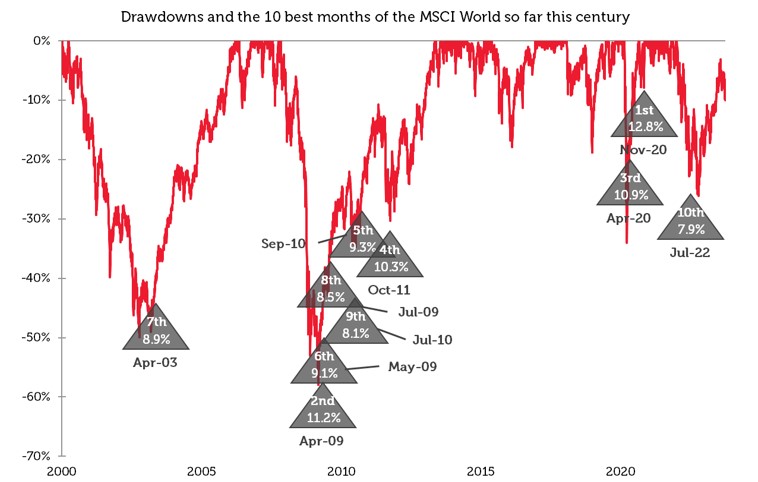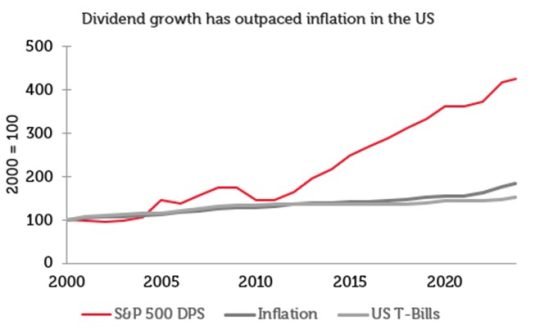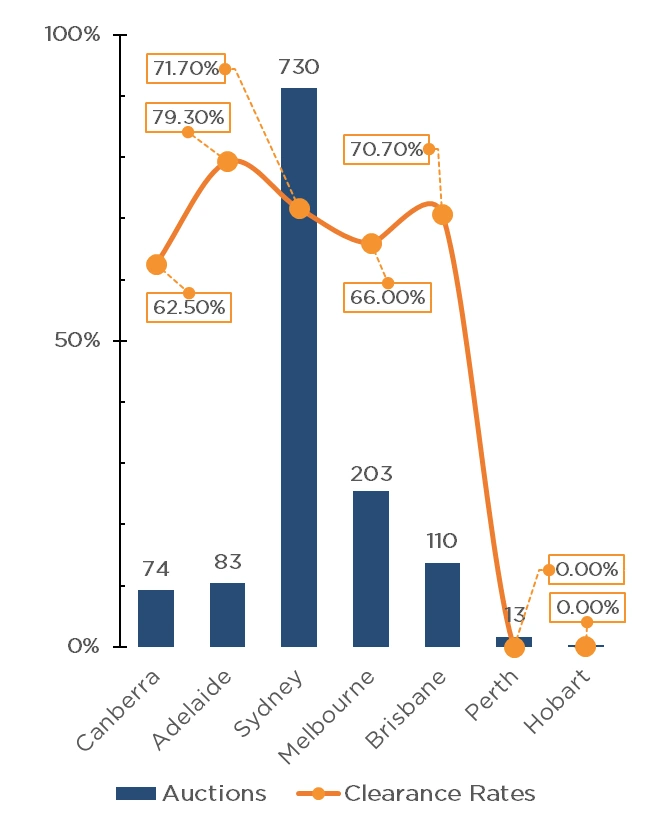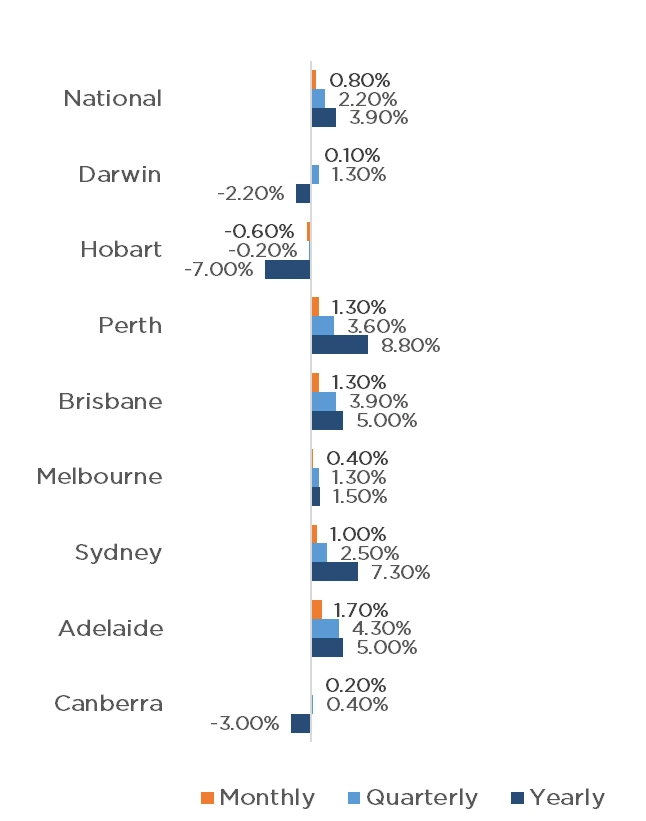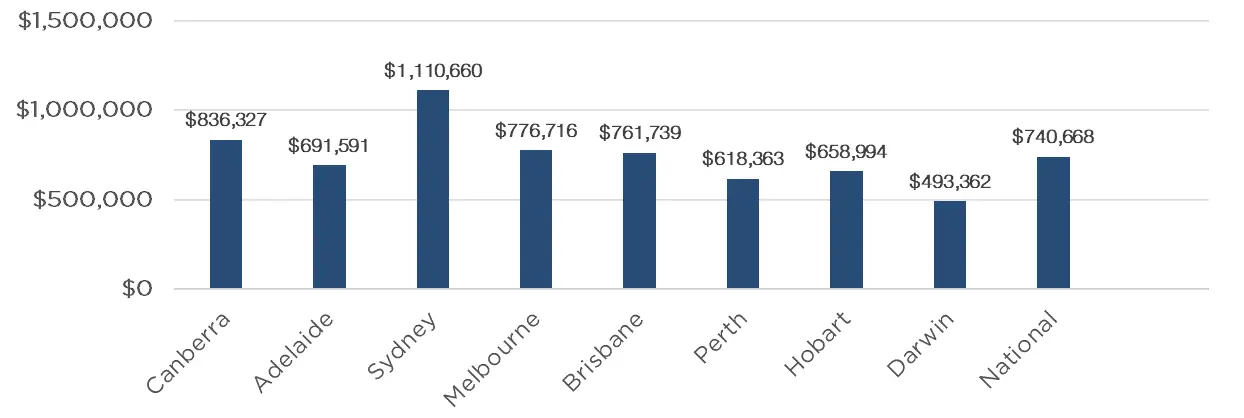"The growth opportunity is still largely underappreciated. We see five key growth dynamics within the infrastructure space that are ... completely immune to the short-term economic events. So while we do have a great deal of volatility in the market at the moment, and a great deal of geopolitical and economic uncertainty, these growth thematics underpin the infrastructure investment case and are going nowhere, regardless of what happens in the short term."
- 0:43 - Infrastructure's growth opportunities beyond the short-term volatility
- 3:45 - How technology and AI are shaping the infrastructure sector
- 7:00 - 4D's approach to dealing with policy and regulation
- 9:37 - Capturing and mitigating investment risk in the current economic landscape


